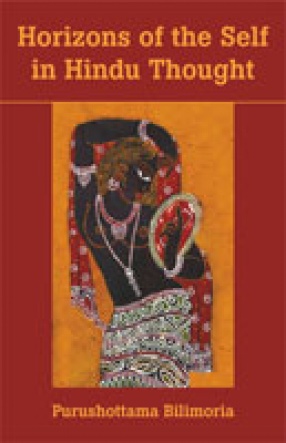
Purushottama Bilimoria

Showing all 13 books
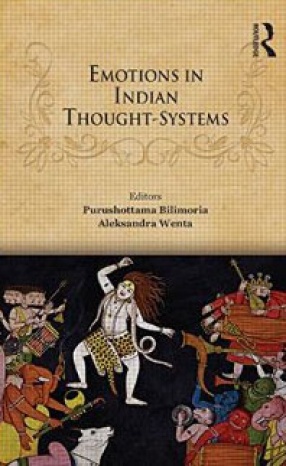
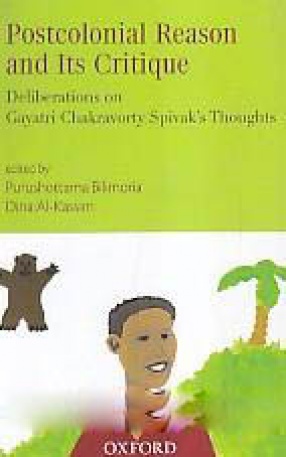
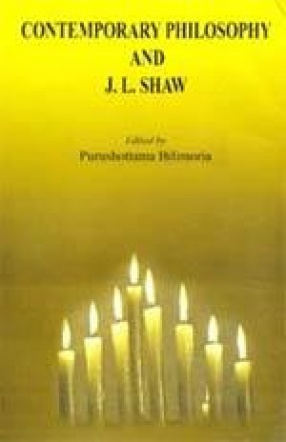


There is a variety of competing ideas about the nature of self in the Hindu tradition. Efforts to bring them together under a unitary conception were underway for many centuries. Much of the eighteenth- and nineteenth-century Oriental scholarship and the latter-day popularist movements made considerable effort to obscure the complexity and diversity of the idea of the self and its horizon in the broad spectrum of Hindu beliefs.
This modest study discusses the ...

A stimulating account of the wide range of approaches towards conceptualising emotions in classical Indian philosophical–religious traditions, such as those of the Upanishads, Vaishnava Tantrism, Bhakti movement, Jainism, Buddhism, Yoga, Shaivism, and aesthetics, this volume analyses the definition and validity of emotions in the construction of identity and self-discovery.
Contents: Preface. Emotions in Indian Thought-Systems: An Introduction/Purushottama ...
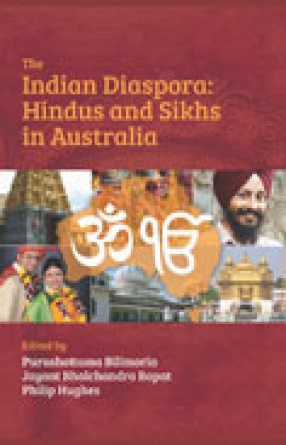
Since the late 1990s, the Indian community in Australia has grown faster than any other immigrant community. The Indian Diaspora has made substantial contributions to the multi-ethnic and multi-religious diversity within Australia. The growth of Hinduism and Sikhism through gurus, temples, yoga and rituals of many kind has brought new colours, images, customs and practices to the profile of Australian religion, and the Australian landscape more widely. At the ...
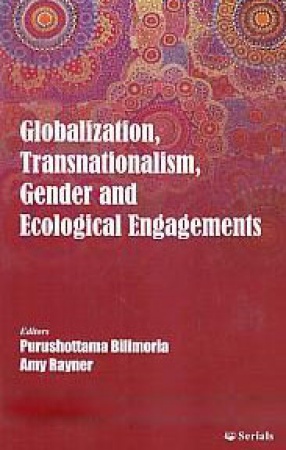
The chapters examine the discourse on globalisation and transnationalism especially their impact on areas like diaspora, ecology, yoga and spirituality. Scholars explore broadly fundamental and sustainable issues of civil rights, diaspora as a transnational phenomenon, challenges of class and gender in a globalising world, and the link between religious conflicts, morality and war. They deal with Pashupata sect tenets, commodification of spiritual practices of ...
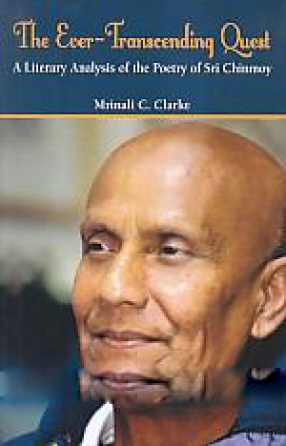
A quarter century ago I recognized the intensely personal but also revolutionary nature of Sri Chinmoy’s writings on spirituality. Never before has anyone dared to suggest that the divinity Himself is evolving and transcending. This was a spirituality that soared above the divisions of religion, and potentially rendered religion obsolete! A spirituality eminently suited to our times. His explanations of the different levels of consciousness that jostle for ...


The volume felicitates and honours the scholarly achievements of Dr. Jayasankar Lal Shaw, one of the significant stalwarts of Indian and comparative philosophy in the contemporary analytical context. The volume includes essays from some of the leading philosophers and logicians, such as Max Cresswell, Paul Gochet and Mihir Chakraborty, and others, representing four continents. J.L. Shaw has explored and reflected on a range of important topics, such as knowledge, ...

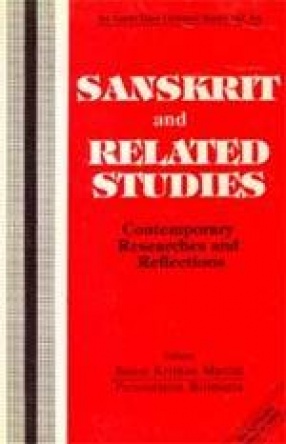
The aim of this volume is to underline the importance of Sanskrit and to show its relevance for the study of Indian Philosophy, Religion, Art, Literature, Linguistic, and History of Science and Medicine. A Number of like-minded scholars who are engaged in teaching Sanskrit at different universities of the USA, the United Kingdom and India, have contributed results of their research to enrich the volume. It contains four sectors: (a) Sanskrit Language and ...


Sabdapramana or ‘Testimony’ is a formidable doctrine within Indian philosophy. A thorough investigation of this thesis is long overdue. What is sabdapramana (word as knowledge)? What is involved in ‘hearing’ worlds? Is the understanding derived through hearing utterances direct or indirect? Does this peculiarly linguistic understanding (sabdabodha) amount to knowledge (prama), or does it depend on certain other conditions for its truth? ...
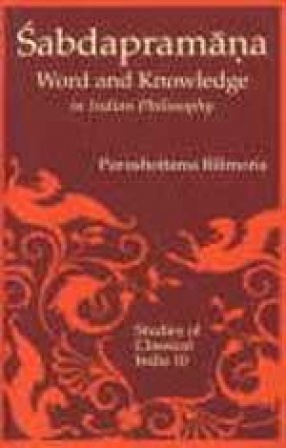
Sabdapramana or 'Testimony' is a formidable doctrine within Indian philosophy. A thorough investigation of this thesis is long overdue. What is Sabdapramana (word as knowledge)? What is involved in 'hearing' words? Is the understanding derived through hearing utterances direct or indirect? Does this peculiarly linguistic understanding (Sabdabodha) amount to knowledge (Prama), or does it depend on certain other conditions for its truth? Further, what sort of ...
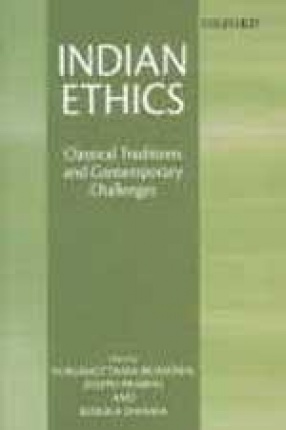
Indian ethical traditions have been one of the great repositories of moral thought in world philosophy whose insights have influenced early Greece, Europe, Asia, and the New World. This volume is the first such systematic study of the spectrum of moral reflections from India employing a critical cross-cultural perspective and engaging modern secular sensibilities. This comprehensive compendium explores the scope and limits of Indian ethical traditions. It ...
